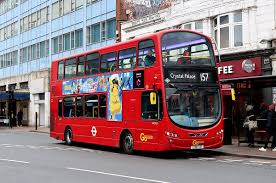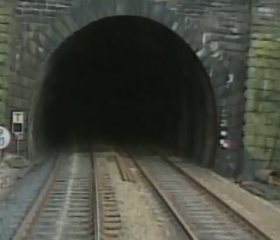The Importance of Transport for London (TfL) in 2023

Introduction
Transport for London (TfL) plays a crucial role in the daily lives of millions of commuters in the capital. With its extensive network of buses, trains, and underground services, TfL is fundamental in ensuring efficient transportation throughout the city. Recent updates highlight changes and developments that may have significant implications for those who rely on public transport in London.
Recent Developments
As of October 2023, TfL has announced several key initiatives aimed at improving services and enhancing user experience. Notable among these is the introduction of new electric buses, part of the city’s commitment to reducing carbon emissions and promoting greener transport options. These buses are expected to reduce air pollution significantly, contributing to London’s sustainability goals.
Moreover, TfL is set to upgrade its ticketing systems by integrating more technology-driven solutions, such as contactless payments and mobile ticketing apps. These upgrades are designed to streamline the commuting experience and provide users with more efficient payment methods, reducing waiting times at stations and improving overall service delivery.
Financial Challenges
Despite the positive developments, TfL faces ongoing financial challenges exacerbated by the COVID-19 pandemic. Passenger numbers have not fully returned to pre-pandemic levels, resulting in a notable decrease in fare revenue. As a result, TfL has been actively seeking additional funding from the government and exploring alternative revenue streams, such as advertising and commercial partnerships. The sustainability of public transport funding remains a contentious issue, and its resolution is critical for the future of TfL services.
Community Engagement
In response to these challenges, TfL has initiated community engagement efforts to gather feedback and suggestions from residents and commuters. These consultations aim to address local transport concerns and enhance services tailored to community needs. This collaborative approach also encourages public participation in the planning process, ensuring that TfL aligns its services with the expectations of its users.
Conclusion
The ongoing evolution of Transport for London is significant, representing both challenges and opportunities for the city. With the commitment to sustainable transport solutions and community engagement, TfL is poised to adapt to the changing landscape of urban mobility. As London continues to recover and grow, the effectiveness and efficiency of TfL will remain pivotal in shaping the city’s transport future. The implications of these changes are profound for the millions who depend on TfL, highlighting the need for continued public support and funding in these turbulent times.









